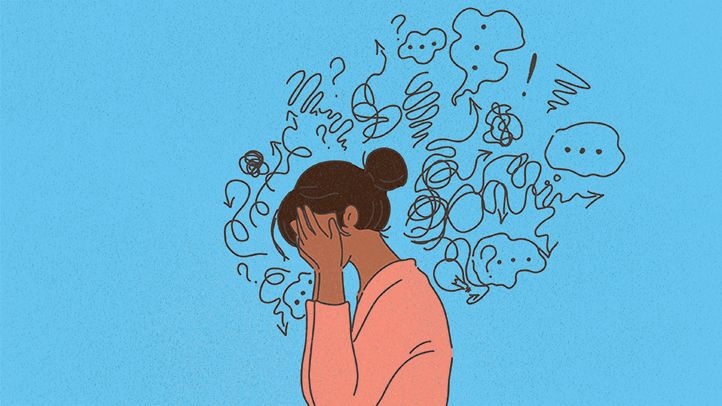How Mental Health Affects Hygiene
November 4, 2022
With over 10% of the U.S. population having some sort of mental illness, you would think that society would know how to accommodate and tolerate them. Still, there’s a major symptom of many mental illnesses that many people ignore or just deem as laziness. Often times mental illnesses such as depression, anxiety, BPD, ADHD, and other forms of psychosis can affect people’s hygiene.
When you think about mental illness’s effects on people’s minds and actions, it’s easy to understand why hygiene can become a struggle. For example, a person with depression experiences a lack of motivation. With hobbies that are supposed to be enjoyable, those with depression also experience a lot of fatigue with these activities. With a lack of motivation already existing for enjoyable activities, keeping up with one’s hygiene and overall physical health can be extra challenging.
Sadly, it can feel embarrassing to talk about, since hygiene is supposed to be a basic day-to-day task. There’s become a lot of shame when it comes to hygiene and self-care. Specifically, the lack thereof can help hold people accountable, but can also become overwhelming and stressful to those who find it very difficult to keep up with simple tasks and routines. It’s very important that before you judge someone for stained teeth or greasy hair that maybe they struggle with other things. Sometimes getting out of bed is all people have energy for, but it definitely does not mean they’re lazy.


